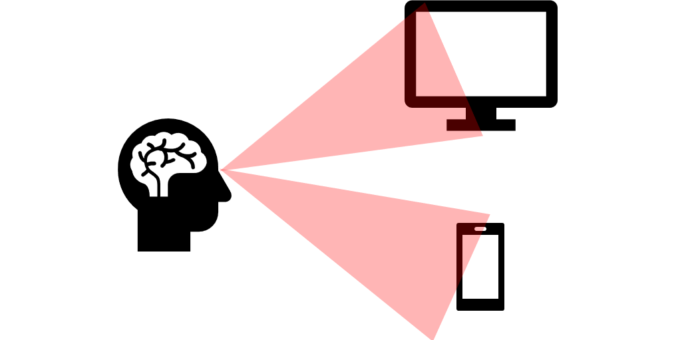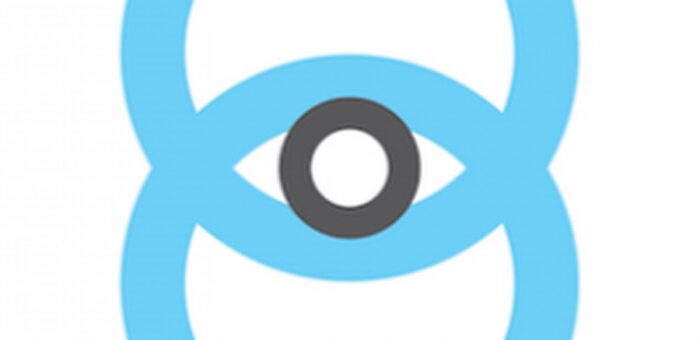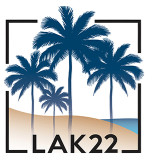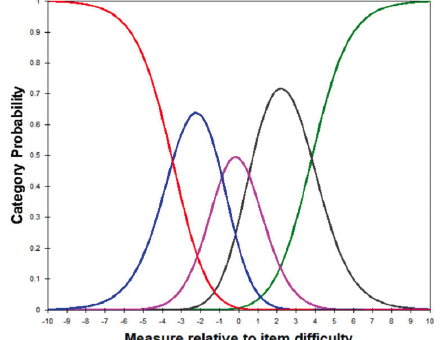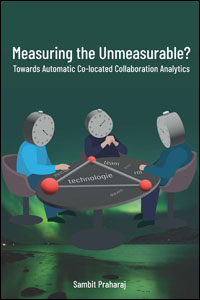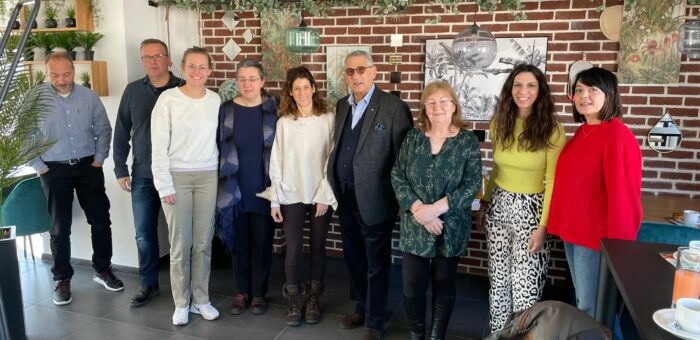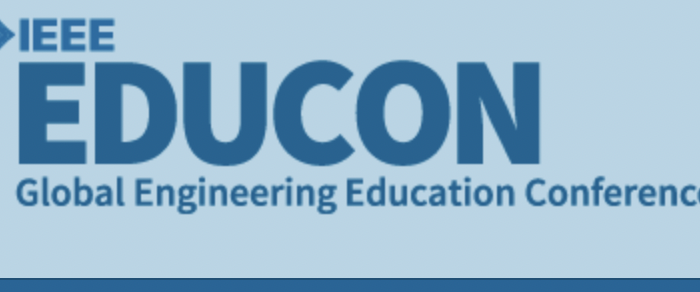
New Pub: Analytics for Supporting Teaching Success in Higher Education: A Systematic Review
Learning analytics are utilized to support learners’ educational needs as well as to enhance their study success, for example, via the use of real-time prompts, motivational dashboards, and appropriate learning interventions, which have been shown to increase students’ academic performance as well as their course retention rates. Yet, the perspective of higher education teachers in utilizing analytics to help analyze, reflect on, and improve their teaching design prior to delivery as well as to monitor and measure how the students engaged withtheir learning processes has been less recognized. In this paper, we present the results of a systematic review conducted from higher education teachers’ perspective concerning how analytics can be deployed to adapt the curriculum to suit better students’ educational needs in order to increase their study success. Thirty-five key…

